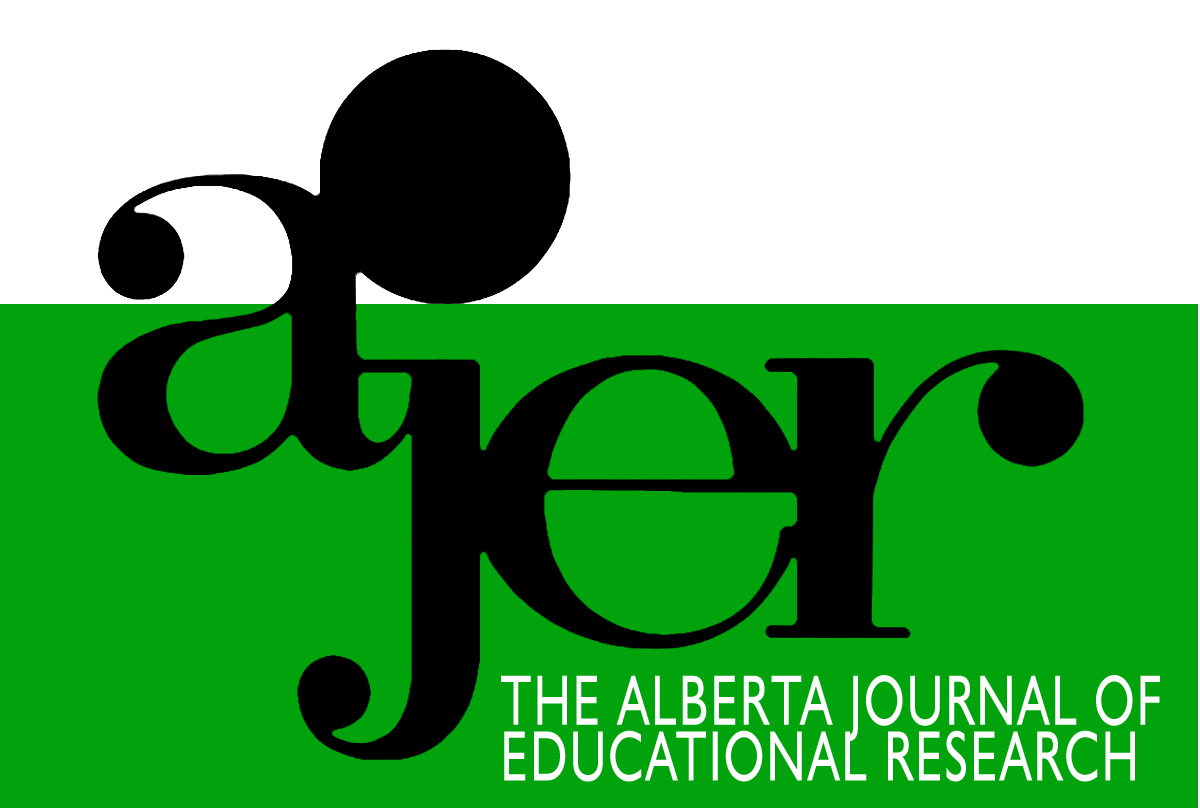Classroom Challenges in Developing an Intercultural Early Learning Program for Refugee Children
DOI:
https://doi.org/10.55016/ojs/ajer.v57i2.55478Keywords:
Early learning program, Interculturalism, Refugee children, Participatory Action ResearchAbstract
The project described here was aimed at piloting an intercultural, multilingual, early learning program that was genuinely responsive to the circumstances and early learning needs of preschool refugee children and parents from three ethnocultural communities—Somali, Sudanese, and Kurdish—in a large city in Western Canada. We discuss the unique challenges faced by the classroom team consisting of a first-language facilitator for each of the three languages spoken by the children in the classroom and an English-speaking teacher. Because of the lack of sufficient time to consult families and communities about their cultural practices and expectations for young children before the beginning of the program, these challenges included setting up the classroom environments and routines, managing the four languages, negotiating the emerging curriculum content, and learning to work as a team in a multi-sectoral project.Cet article décrit un projet visant le pilotage d’un programme d’apprentissage interculturel et plurilingue pour jeunes enfants qui s’est avéré authentiquement adapté aux circonstances et aux besoins en apprentissage d’enfants réfugiés d’âge préscolaire et de leurs parents originaires de trois communautés ethnoculturelles – somalienne, soudanaise et kurde – dans une grande ville dans l’Ouest du Canada. Nous discutons des défis particuliers qu’affronte l’équipe pédagogique consistant en un moniteur de langue première pour chacune des trois langues parlées par les enfants dans la classe et un enseignant de langue anglaise. N’ayant pas eu le temps de consulter les familles et les communautés avant le début du programme au sujet de leurs pratiques culturelles et de leurs attentes par rapport aux jeunes enfants, nous avons dû, entre autres défis, établir le milieu et les routines de la salle de classe, gérer les quatre langues, négocier le contenu du nouveau programme d’études et apprendre à travailler en équipe dans le cadre d’un projet multisectoriel.
Downloads
Issue
Section
License
UNIVERSITY OF ALBERTA COPYRIGHT LICENSE AND PUBLICATION AGREEMENT
If accepted, authors will be asked to sign a copyright agreement with the following points:
A. Where there is any inconsistency between this Copyright License and Publication Agreement and any other document or agreement in relation to the same subject matter, the terms of this Agreement shall govern.
B. This document sets out the rights you are granting in relation to publication of your article, book review, or research note entitled (the “Article”) through inclusion in the academic journal titled Alberta Journal of Educational Research (the “Journal”) published through the Faculty of Education, representing the Governors of the University of Alberta (the “Journal Editor”).
C. There will be no payment to you for this publication and grant of rights. In consideration of the agreement to publish the Article in the Journal:
1. You are warranting that:
- the content of the Article is your original work, and its content does not contain any material infringing the copyright of others; or, where the Article is not entirely your original work, you have obtained all necessary permissions in writing to grant the rights you are giving in this agreement;
- the content of the Article does not contain any material that is defamatory of, or violates the privacy rights of, or discloses the confidential information of, any other person;
- the Article has not been published elsewhere in whole or in part, and you will not allow publication of the Article elsewhere without the consent of the Journal Editor;
- the names of all co-authors and contributors to the Article are:
2. You agree to license the copyright in the Article to the Journal Editor, on a worldwide, perpetual, royalty free basis; and to the extent required by the terms of this agreement. You shall retain the right at all times to be acknowledged as the/an author of the Article.
3. You further agree that the Journal Editor has the entitlement to deal with the Article as the Journal Editor sees fit, and including in the following manner;
- The right to print, publish, market, communicate and distribute the Article and the Journal, in this and any subsequent editions, in all media (including electronic media), in all languages, and in all territories, ing the full term of copyright, and including any form of the Article separated from the Journal, such as in a database, abstract, offprint, translation or otherwise, and to authorize third parties to do so;
- The right to register copyright of the Journal;
- The right to edit the Article, to conform to editorial policy as the Journal Editor sees fit.
4. If any co-author or contributor to the Article does not sign this agreement, the Journal Editor reserves the right to refuse to publish the Article.



